Whether it be durian from Thailand, bananas from the Philippines, passion fruit from Vietnam, longan from Cambodia or coffee from Malaysia, more and more agricultural products from ASEAN countries are being well-received by Chinese households, thanks to better China-ASEAN cooperation in agriculture.
China has been ASEAN's largest trading partner for the past 13 years, and trade in agricultural products plays a vital role, said Kao Kim Hourn, ASEAN secretary-general at the Boao Forum for Asia annual conference late last month.
Kao said China and ASEAN have launched many trade deals in agricultural products such as grains, meats, vegetables and fruits, and conducted personnel and technical exchanges.
Representatives at the forum from China and ASEAN countries widely recognize that the two sides have deepened their agricultural cooperation in a comprehensive manner.
Fruitful achievements have been made by China and ASEAN in terms of investment and trade, scientific and technological exchanges and cooperation, food security, green and sustainable development of agriculture, and intergovernmental policy coordination, which makes a significant contribution to fostering a closer China-ASEAN community with a shared future.
China's agricultural investment in ASEAN countries accounts for 40 percent of its total overseas investment in the sector. The trade volume of agricultural products between China and ASEAN reached $61 billion in 2022, topping other countries and regions worldwide, according to Sui Pengfei, director-general of the international cooperation department under China's Ministry of Agriculture and Rural Affairs.
China's General Administration of Customs said nearly 1,500 kinds of agricultural and food products from ASEAN have been exported to China. High-quality agricultural varieties and technologies from China have also boosted the development of agricultural industries in ASEAN countries.









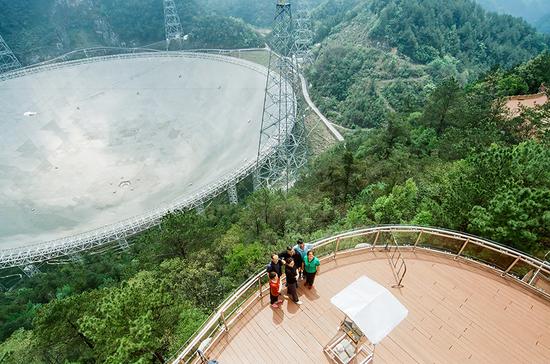
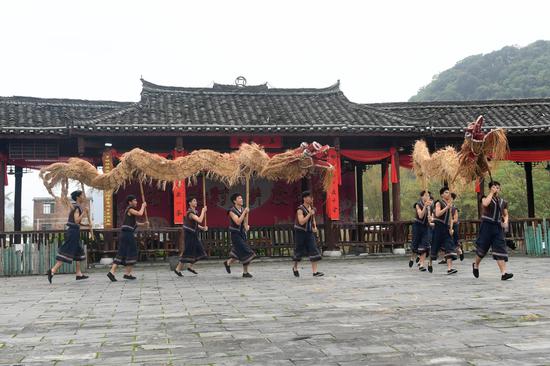
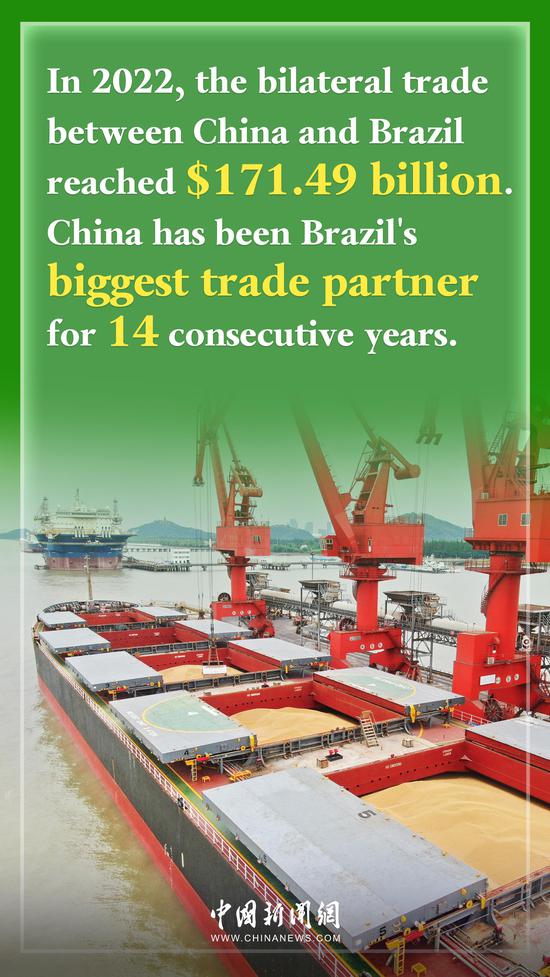
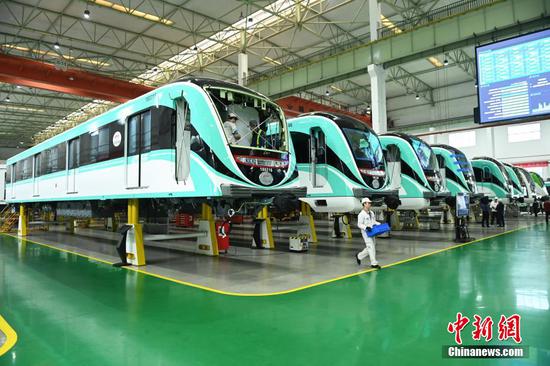
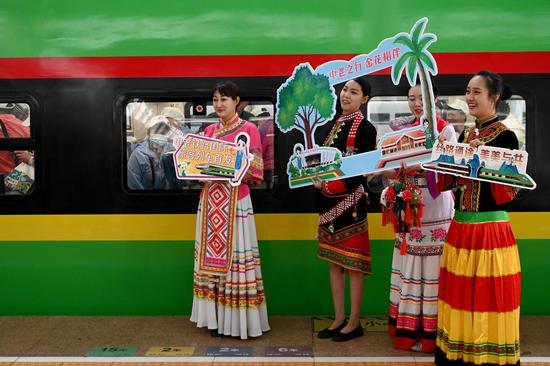


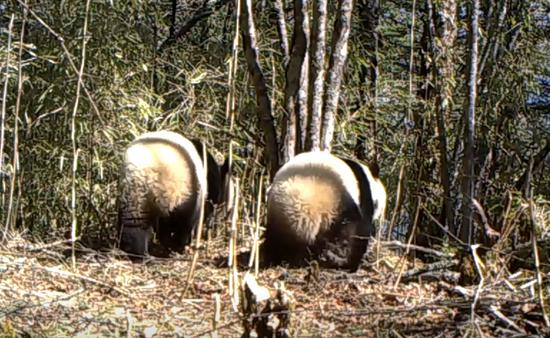
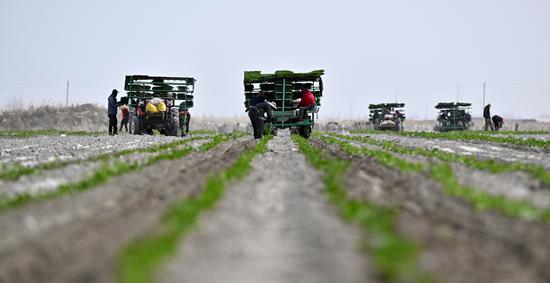





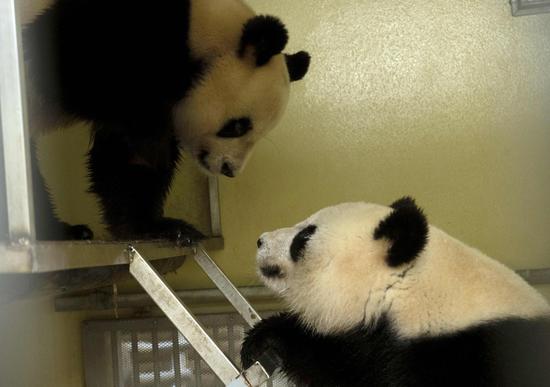
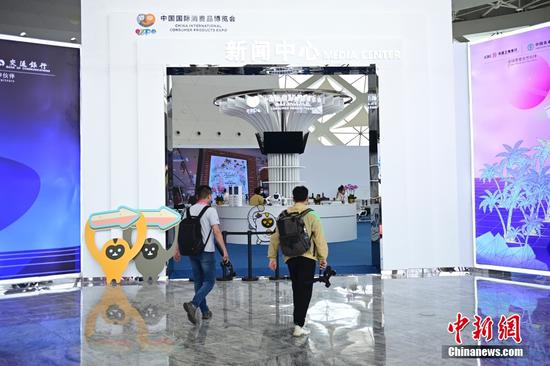





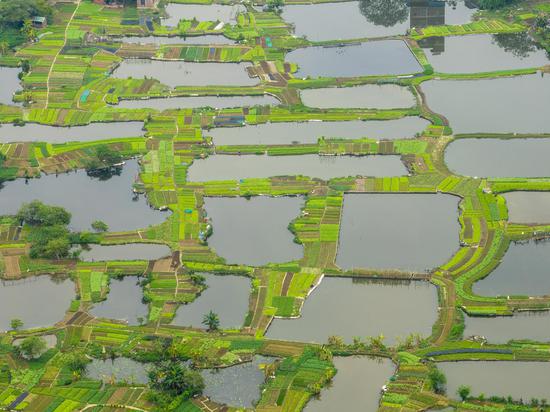


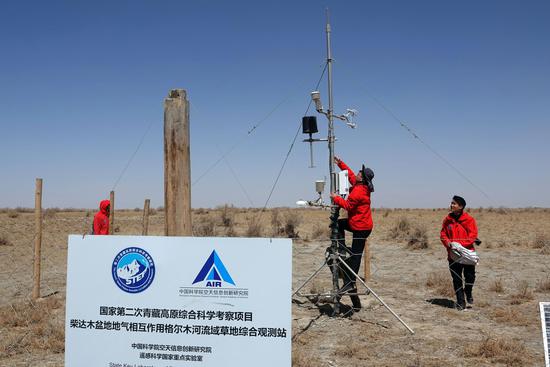

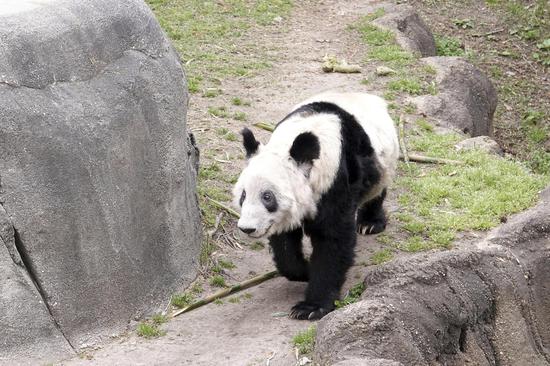
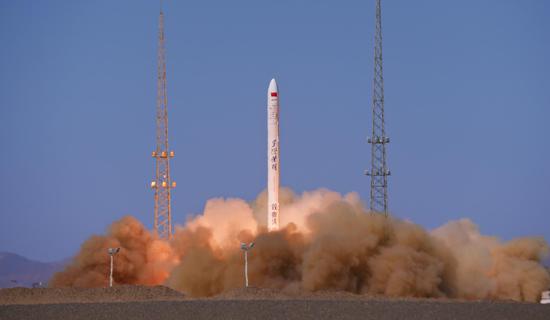
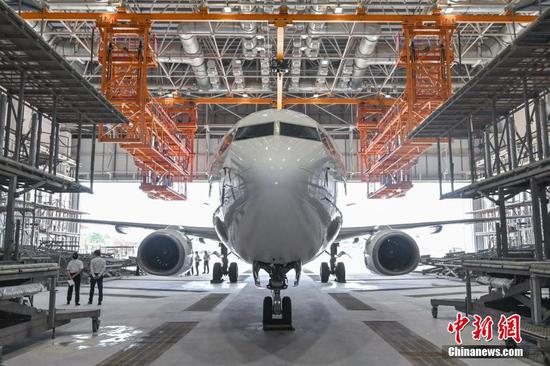

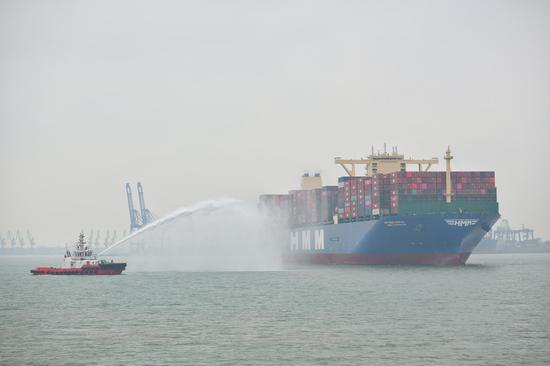

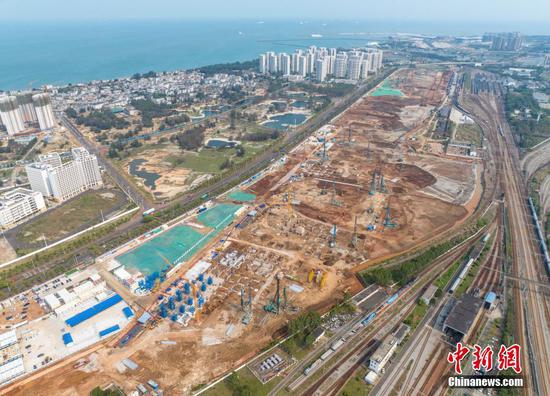

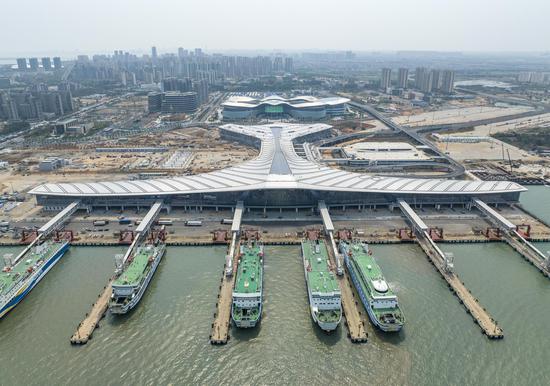
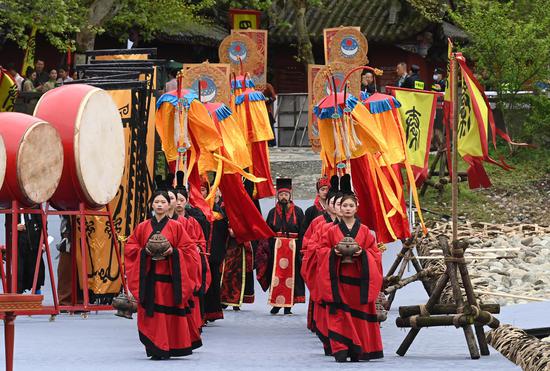





 京公网安备 11010202009201号
京公网安备 11010202009201号